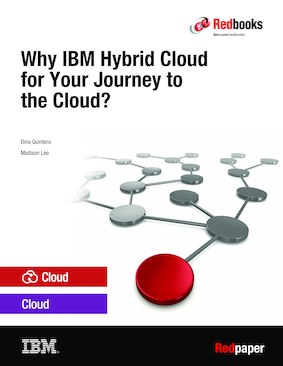Abstract
Cloud is a method of computing. In an age where everything relies on data, from the digital drive of a single person to the confidential data of a large bank, the internet age requires that this data is transported rapidly, efficiently, and securely always, sometimes globally.
Before cloud computing, which started to become mainstream only in the late 1990s, each company, no matter how small or large, arranged their own private data center to store their data. However, data centers must be well-kept, constantly maintained, and regionally located to supply data fast; therefore, not only was this method arduous and time-consuming for companies, but maintaining another space was risky, expensive, and in many instances, negligent.
Cloud computing, where data of a company is maintained by an established cloud service provider that has branches globally, is the key to completing the digital transformation for any business.
Similar to many other cloud service providers in the market, IBM® Hybrid Cloud supplies customers with cloud computing capabilities. That is, the hybrid cloud features make disaster recovery, data backup, and business continuity easier and less expensive because the data can be mirrored across multiple sites globally, and hosted by the cloud provider.
With the acquisition of Red Hat in 2018 and the major IBM shift in focus to Artificial Intelligence (AI) and Hybrid Cloud, IBM has now positioned itself as one of the leading contenders for open, hybrid cloud provider of our times.
This IBM Redpaper® publication was created to provide customers and IBM teams with the necessary background knowledge about cloud, the cloud provider market, and IBM Hybrid Cloud. The goal is to deliver a general understanding about the different aspects of cloud computing, and most importantly, what makes IBM Hybrid Cloud unique.
Table of Contents
Introduction to Cloud
Definitions
Different cloud providers
Reference architecture
What differentiates IBM Cloud?
Use cases
Summary
References
